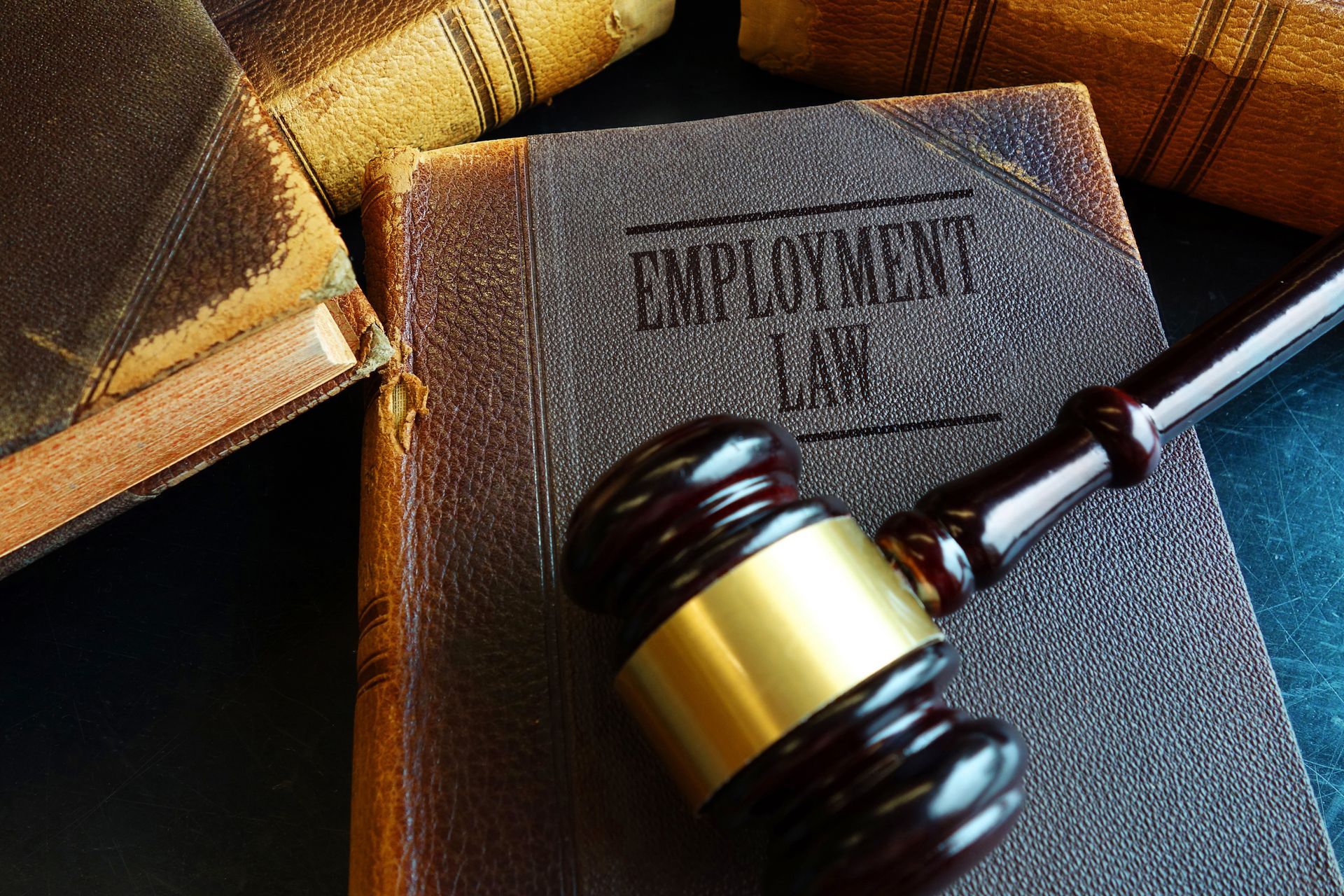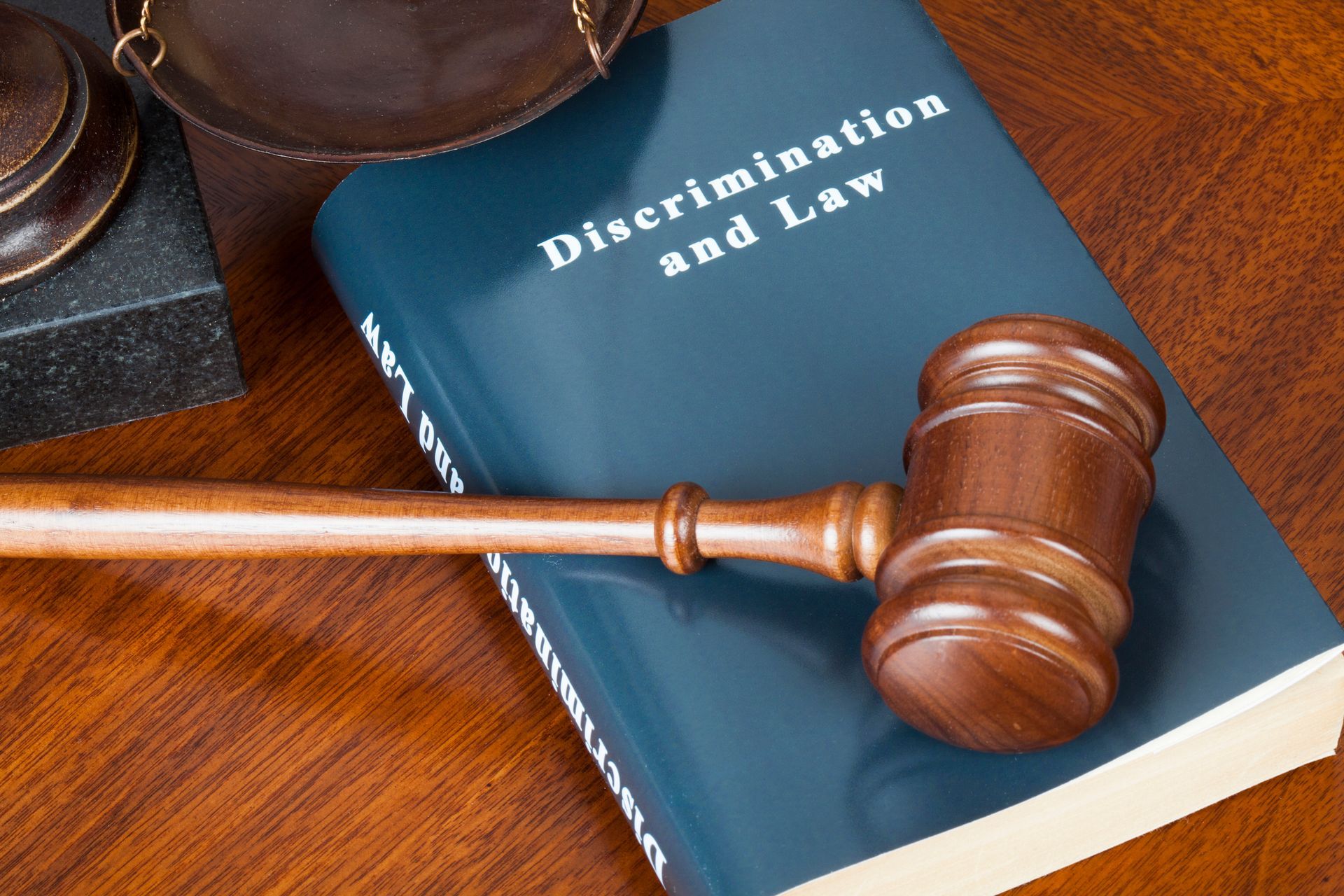The Hiring Process and Potential Lawsuits: Know Your Rights

Finding gainful employment is a critical part of adulthood. Without a good job, it's impossible to pay your bills or support yourself financially. Employers are required to follow a wide variety of laws when it comes to interacting with employees. These laws also extend to potential employees.
Mistakes made by employers during the hiring process can negatively impact your ability to obtain a job. You may have the right to take legal action against an employer who mishandled the hiring process.
Interview questions may signal an illegal motive based on discrimination, and unlawful records checks are all valid reasons to sue an employer that mishandled the hiring process during your application and interview activities.
Illegal Interview Questions
All individuals have a right to medical privacy when it comes to interviewing for an available work position. The law prohibits employers from asking certain types of questions during the interview process to protect this right to privacy.
Employers cannot ask potential employees about their current or past health issues. An applicant with a disability cannot be asked questions about that disability.
Any questions that are related to a potential employee's ethnicity are also prohibited. If a woman is asked if she currently has children or is planning to have children in the near future, such questions are a signal showing illegal motivation based on a persons’ sex (as mothers are stereotyped as being employees that need more time for child care or more likely to resign in the event of a growing family).
These types of questions are considered intrusive, and your answers could lead to employer discrimination when it comes to making hiring decisions.
If you feel that you have been asked any probative and illegal questions during a job interview, consult with an employment attorney to discuss your options for recourse.
Discrimination
Any type of discrimination in the workplace cannot be tolerated. Discrimination can start before you even apply for an available position.
Employers must use extreme caution when drafting job descriptions that will be posted to the public. Certain phrasing can indicate that discrimination is taking place.
For example, including the word "waitress" in a job description can indicate that the employer wants to hire a female. Describing the perfect candidate as "recently graduated" means the employer is looking to hire someone young.
This type of discrimination can prevent you from being considered for a position that you are otherwise qualified for.
An experienced employment attorney will be able to review job postings for evidence of covert discrimination. If this discrimination exists, you may be able to take legal action against the employer.
Unlawful Records Checks
Employers will want to verify a lot of the information that you have included on a job application. Part of the verification process can include accessing personal records. The types of records that employers are allowed to look at are limited.
A potential employer can contact a former school or university to verify that you have obtained the degrees and certifications listed on your resume. Employers can also pull a copy of an applicant's credit report to verify his or her identity.
A potential employer does not have the right to access a sealed or expunged criminal record or records relating to past workers' compensation claims. Hiring decisions that are based on information found in these unlawfully obtained records can be considered discriminatory.
If you feel that an employer has accessed personal records that are not relevant to the position you have applied for, you may have grounds to file a lawsuit. An attorney experienced in employment law can help you establish a case to present in court.
You have the right to take legal action against not only a current employer, but any potential employer who engages in unlawful behavior during the hiring process.
Asking certain questions that may signal a discriminatory motive and accessing certain records are all unlawful actions an employer could engage in while trying to fill an open position.
Contact Allen D. Arnold Attorney at Law for help if you think you have a lawsuit based on the hiring practices of an employer.
Alabama Rules of Professional Conduct Notice: No Representation is made that the quality of legal services offered is greater than that of other lawyers. The information contained on this website is not a substitute for legal advice, and reading it does not create an attorney-client relationship.









